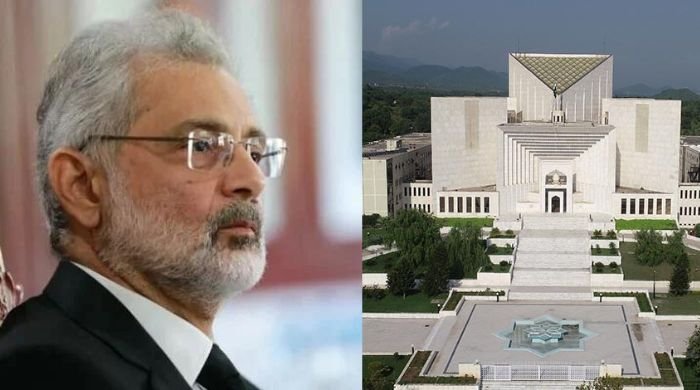Is government extending the tenure of Chief Justice for three years? The government led by Sharif is reportedly contemplating extending the tenure of Justice Qazi Faez Isa as Chief Justice of Pakistan for an additional three years.
Media reports from ARY News suggest that this decision comes as Justice Isa’s current term is set to conclude in October 2023, with his retirement slated for October 25, 2024.
Is government extending tenure of Chief Justice for three years?
Constitutional Amendments Under Consideration
According to sources cited in the report, the federal government is actively considering introducing constitutional amendments to facilitate the extension of the Chief Justice’s tenure.
These proposed amendments aim to address the constitutional provisions governing the appointment and tenure of Supreme Court judges, specifically focusing on the retirement age.
Committee Member Initiates Process
It has been revealed that a member of a committee has already commenced work on drafting these amendments.
The final decision regarding the extension is anticipated to be made following the Senate polls, indicating a significant legal and political process ahead.
Constitutional Framework
Under the existing constitutional framework, the appointment of the Chief Justice of Pakistan (CJP) and other Supreme Court judges is outlined in Article 175A.
Additionally, Article 179 specifies that a Supreme Court judge holds office until reaching the age of 65, barring resignation or removal as per constitutional provisions.
Implications and Succession
Should Justice Isa’s tenure be extended, the next senior judge in line, Justice Syed Mansoor Ali Shah, would likely assume the role of Chief Justice of Pakistan upon Justice Isa’s retirement.
Debate and Controversy
The prospect of extending Justice Isa’s tenure has sparked considerable debate within legal and political circles.
Critics argue that such a move could set a precedent and raise questions about judicial independence and institutional integrity, while proponents suggest it could ensure stability and continuity in judicial leadership.
